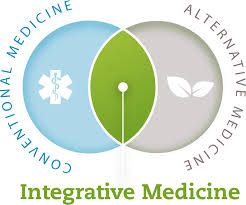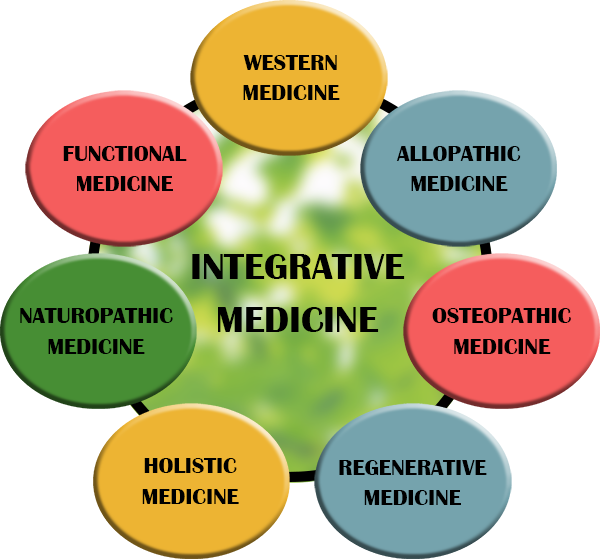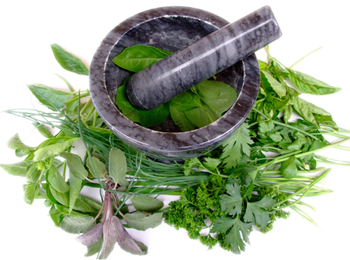Integrative medicine, as defined by the American Board of Integrative Medicine® (ABOIM) and the Consortium of Academic Health Centers for Integrative Medicine, is the practice of medicine that reaffirms the importance of the relationship between practitioner and patient, focuses on the whole person, is informed by evidence, and makes use of all appropriate therapeutic approaches, healthcare professionals, and disciplines to achieve optimal health and healing.
The American Board of Physician Specialties (ABPS) offers integrative medicine certification through the ABOIM. Completion of the physician board certification process indicates that the Diplomate has proven mastery of the experience and knowledge required to practice integrative medicine. It also reflects the physician’s commitment to adhere to the ABPS Medical Code of Ethics. The ABPS is the only multi-specialty certifying board in the United States to offer integrative medicine certification.


Holistic medicine is a form of healing that considers the whole person body, mind, spirit, and emotions in the quest for optimal health and wellness. According to the holistic medicine philosophy, one can achieve optimal health the primary goal of holistic medicine practice by gaining proper balance in life.
Holistic medicine practitioners believe that the whole person is made up of interdependent parts and if one part is not working properly, all the other parts will be affected. In this way, if people have imbalances (physical, emotional, or spiritual) in their lives, it can negatively affect their overall health.
A holistic doctor may use all forms of health care, from conventional medication to alternative therapies, to treat a patient. For example, when a person suffering from migraine headaches pays a visit to a holistic doctor, instead of walking out solely with medications, the doctor will likely take a look at all the potential factors that may be causing the person’s headaches, such as other health problems, diet and sleep habits, stress and personal problems, and preferred spiritual practices. The treatment plan may involve drugs to relieve symptoms, but also lifestyle modifications to help prevent the headaches from recurring.
Herbal medicine, also known as herbalism or botanical medicine, is a medical system based on the use of plants or plant extracts that may be eaten or applied to the skin. Since ancient times, herbal medicine has been used by many different cultures throughout the world to treat illness and to assist bodily functions. While herbal medicine is not a licensed profession in the United States, herbal remedies in the form of extracts, tinctures, capsules and tablets as well as teas may be recommended by healthcare practitioners of many different disciplines as a practical way to address a wide variety of medical conditions. Herbal medicine blurs the line between foods and medicines – a line that, in many cultures, was never drawn in the first place. Using herbs and spices that have disease-preventive effect in foods is one of the best ways to take advantage of their healing power. For example, it appears that the daily use of the spice turmeric in curry dishes is one reason elderly people in India have one of the lowest rates of Alzheimer’s disease in the world.


